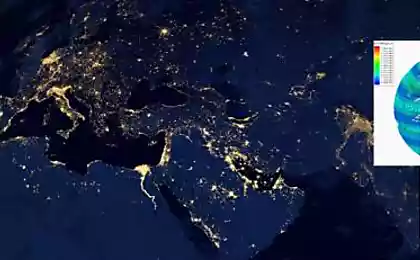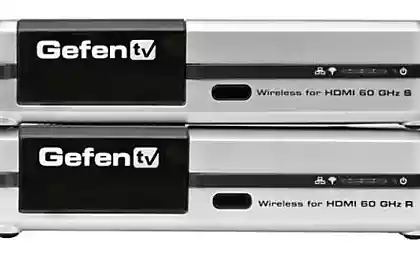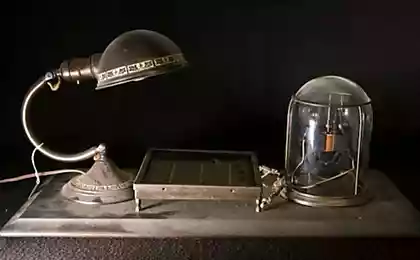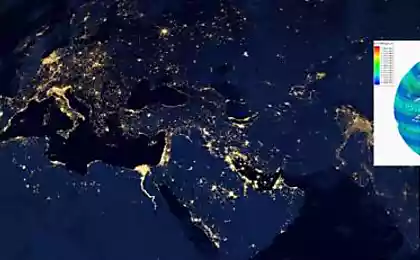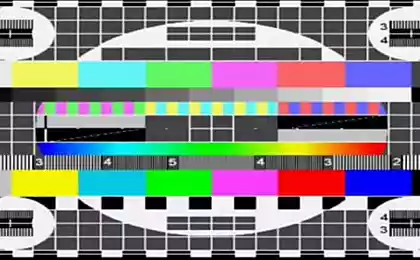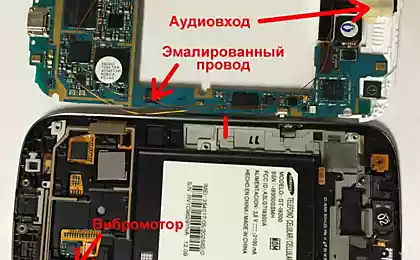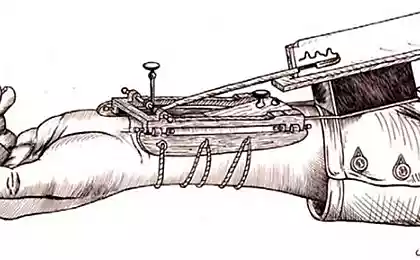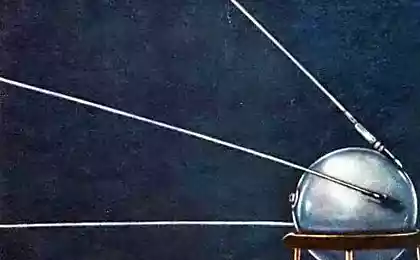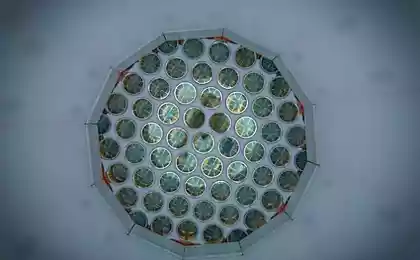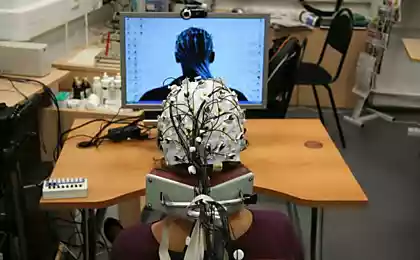458
Developed a new transmission technology Wi-Fi signal, which consumes 10,000 times less energy
A team of engineers from the University of Washington have developed a new technology of Wi-Fi radio signal, which consumes 10,000 times less energy than traditional methods. This invention significantly increases the life of batteries of mobile gadgets and can be used with any of the existing routers and smartphones.
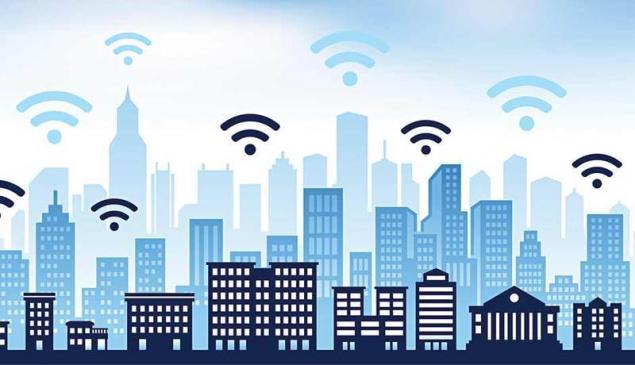
Standard Wi-Fi signal sends information at the same time digitally and on analogue radio frequency. While the technology of digital transfers have come a long way over the past few decades, devices that use analog frequency continues to consume hundreds of milliwatts of energy.
Development of the Washington team shares digital and analog signal components and transmits them to a small device that connects to the smartphone. This module generates a Wi-Fi signal using an array of sensors. Then, this outgoing signal is reflected from surrounding objects and received with the so-called technology of "passive Wi-Fi", which allows you to virtually eliminate energy costs.
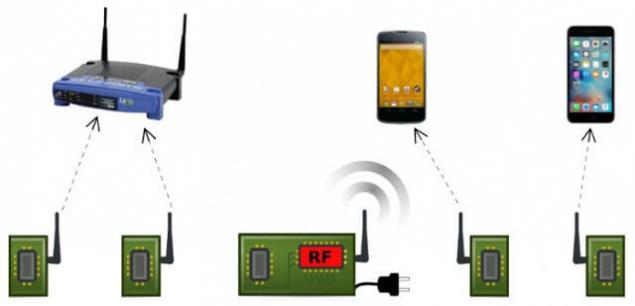
Passive Wi-Fi provides a wireless connection distance up to 30 meters, consuming only 15-60 microwatt of energy – 10,000 times smaller than existing devices.
Details of the new technology will be announced in March 2017 at the conference the USENIX Symposium. Meanwhile, the development team of the University of Washington is already in the list of 10 most disruptive technologies of 2016, according to the magazine MIT Technology Review. published
Source: ecotechnology

Standard Wi-Fi signal sends information at the same time digitally and on analogue radio frequency. While the technology of digital transfers have come a long way over the past few decades, devices that use analog frequency continues to consume hundreds of milliwatts of energy.
Development of the Washington team shares digital and analog signal components and transmits them to a small device that connects to the smartphone. This module generates a Wi-Fi signal using an array of sensors. Then, this outgoing signal is reflected from surrounding objects and received with the so-called technology of "passive Wi-Fi", which allows you to virtually eliminate energy costs.

Passive Wi-Fi provides a wireless connection distance up to 30 meters, consuming only 15-60 microwatt of energy – 10,000 times smaller than existing devices.
Details of the new technology will be announced in March 2017 at the conference the USENIX Symposium. Meanwhile, the development team of the University of Washington is already in the list of 10 most disruptive technologies of 2016, according to the magazine MIT Technology Review. published
Source: ecotechnology
The magic tap: strengthen lungs and kidneys
This natural cream will help to make the scars and cuts less noticeable

